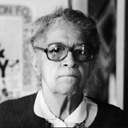
Black Lives Matter in South Carolina
South Carolina has always been a battleground of larger, national campaigns for racial justice.


South Carolina has always been a battleground of larger, national campaigns for racial justice.

A dialogue between two veteran immigrant rights advocates who have watched the movement grow, diversify, and sometimes contradict itself over the past three decades.
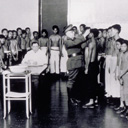
Even as America defined itself as a “nation of immigrants,” it sought a more perfect union by engineering the masses at its gateway.

“What is man?” In his ambitious new book, Mark Greif assures us this is a valid question that we shouldn’t be ashamed to ask.

China’s recent uptick in labor unrest has given leftists hope that the world’s largest working class is building a labor movement to match its scale. But Chinese workers are still far from having a national voice.
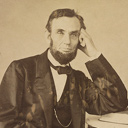
In 1861 Abraham Lincoln, in his first inaugural address, gave a legalistic account of why he must leave slavery untouched. By 1865 he was an impassioned evangelist for freedom. What prompted his dramatic transformation?
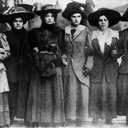
How can widespread inequality progress alongside widespread concern about its ill effects?

It would be nice to hear it straight for once. Stopping climate change means giving up on growth.

Taking a cue from punk icon Viv Albertine, today’s feminists should dare to want more—and forget about asking for it nicely.

Whichever way Congress might vote on the NSA, the steady creep of our executive branch is unlikely to be reversed.

At the height of colonialism, indentured Indian women in the Caribbean were photographed for a thriving postcard industry. Their images enact a struggle—between the imaginations of colonial-era photographers and the real lives of the women behind the portraits.

Dana Goldstein’s The Teacher Wars shows that the failed ideas underlying today’s ed-reform crusade are as old as public education itself.

Worker centers have empowered nurses, nannies, busboys, taxi drivers, and many other low-wage immigrants long thought to be “unorganizable.” They provide clues to the future of organized labor—but can their victories scale up?
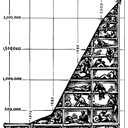
Naomi Murakawa’s remarkable book The First Civil Right: How Liberals Built Prison America shows how, since the 1940s, liberals have provided legitimacy for the prison state.

Does your money cross borders as easily as you do? That’s a question that HSBC, “the world’s local bank,” posed to would-be clients in a slogan that appeared on posters around the world a few years ago. The prompt accompanied a photograph of smiling Asian cyclists before the University of Cambridge. “When life takes you or your family across borders, your money should seamlessly follow,” reads the caption. “You’re at home abroad. Now the same can be said for your money.”